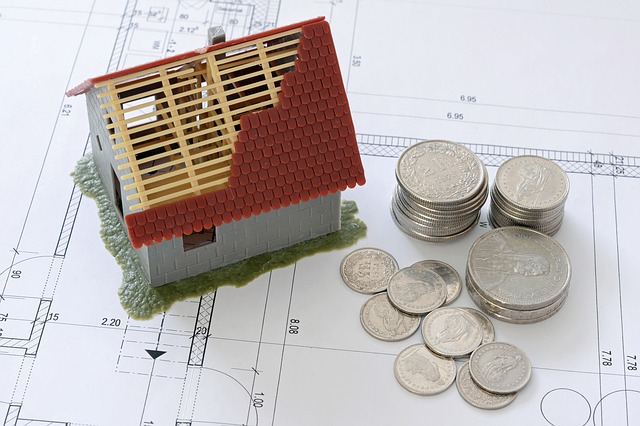About 27% of real estate sales are cash sales. While that’s an increase over the last year, the fact is that the majority of homebuyers use home financing.
Sellers prefer cash buyers because they don’t have to worry about contract contingencies. Contingencies let potential buyers back out of the deal.
The number one reason why they need to back out is that they couldn’t get home financing.
Buyers make home financing mistakes that cause the deal to fall through or they can’t get the right financing deal.
You don’t want to end up with a bad loan or lose out on your dream home because you didn’t know enough about financing for homes.
Fortunately, you’re in the right place to learn about home financing options. Read on to learn what the top home financing mistakes are and how you can avoid them.
1. Don’t Know What You Can Afford:
How much home can you really afford? It’s expensive to own a home.
You have to worry about much more than the mortgage payment. You need to maintain the home and pay for repairs out of pocket.
You’re now responsible for property taxes, property insurance, and mortgage insurance.
Yes, it appreciates in value, but you have to buy at the right time at the right price.
Failure to consider these costs will give you a false sense of how much you can borrow. You end up overpaying for your home and you get stuck with a huge mortgage payment.
In the end, you’ll struggle to pay for everything else to maintain the home.
2. Ignore Your Credit Report:
Lenders look at your credit score, income, and employment history. If you want to get the best home loan options available, you’ll clean up your credit report.
A high credit score gives you home loan options with low interest rates. That could mean a difference of thousands of dollars.
Show a track record of on-time payments for at least two years. Pay down credit cards as much as possible.
Your credit utilization rate is the ratio of debt used versus the amount of credit available. A high credit utilization rate means you’re close to maxing out your cards.
Keep this well below 30% to get the best credit score.
3. Assume You Need 20% Down:
Many first-time homebuyers assume that they need to have 20% down before they start searching for homes.
It could take years to save up that much since they’re saddled with student loans and other types of debt.
There are also first-time homebuyer programs that let you borrow with as little as 5% down. There are matching grant programs to help you save for a down payment.
4. Don’t Shop for Lenders:
It’s a big mistake to evaluate one lender and get a loan with them. Shop around to find the best home loan options for you.
Don’t just look at the interest rate, either. Look at the level of service they provide. Be sure to work with lenders that have a great reputation for service.
5. Make Life Changes:
Once you get into the home buying process and shop for lenders, you shouldn’t make life changes. It’s not the time to accept a new job offer to be closer to your new home.
It’s not the time to take a pay cut or buy a new car.
Lenders look at the information in your mortgage application to approve your loan. Any deviation in the information can cause a delay or decline of the loan.
If you have a great job offer on the table, talk to your lender before jumping on the opportunity. They should be able to help you close the loan so you can take the job offer.
Otherwise, don’t make any drastic changes until after the loan closes.
6. Forget About Closing Costs:
You worked hard to save up for a down payment on the home. That’s enough to get the loan approved, but there are more costs to pay just before you get the keys.
Closing costs are the administrative and origination fees your lender charges. Closing costs range between 3% and 6% of the loan.
In some instances, you can negotiate with sellers to cover a portion of your closing costs. That tactic works where a home has been on the market for a while.
In a hot real estate market like this one, you’re unlikely to get traction in negotiations.
7. Go On a Shopping Spree:
You’re a couple of weeks away from closing on your home. It seems like the perfect time to buy furniture and appliances for the home, right?
Don’t do it if it means putting those purchases on your credit cards.
It seems so simple, but many homebuyers don’t realize the damage they do when they make credit card purchases.
Every credit card purchase and application for a credit card impacts your credit report. Your credit utilization rate goes up, sending a red flag to lenders that you’re in financial trouble.
They’ll think you’re a major credit risk and decline the loan at the last minute.
Hold off on these major purchases until you’re in the home.
Avoid These Home Financing Mistakes:
Whether you’re buying your first home or your fourth, the deal is probably the mercy of home financing. These home financing mistakes show you how so many deals can fall through at the last minute.
A simple life change or appliance purchase could send the wrong signal to lenders. Applying for home loans is stressful enough.
Avoid these mistakes and get the best home financing for your situation. Head over to the home page of this site for the latest lifestyle buzz.

